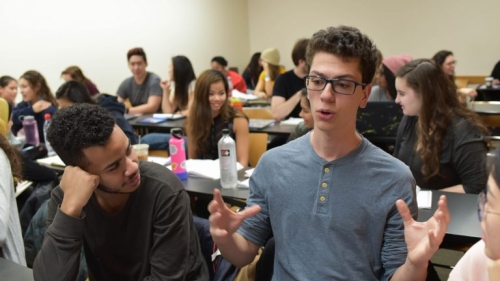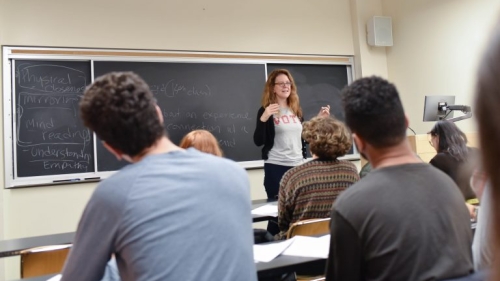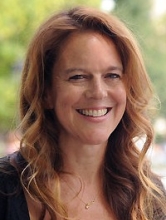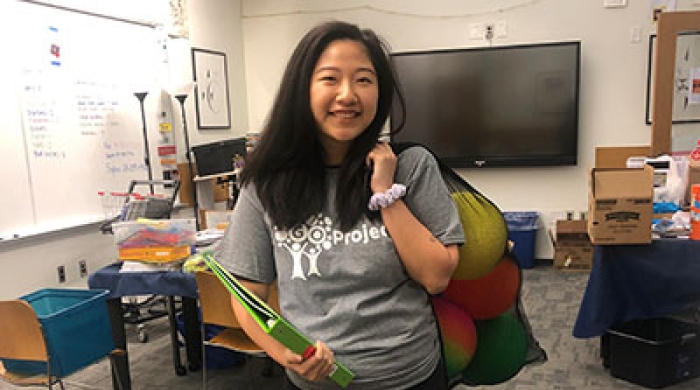
In The Science of Human Connection, students share what they have written in their journals.
“Write about a moment when you felt close to a friend,” is the assignment in The Science of Human Connection. Each week, Professor Niobe Way, a developmental psychologist, begins the class with a question, and students respond by writing their answers in a “curiosity” journal.
It’s a quiet, meditative moment; a chance for students to think about their relationships and reflect on this week’s reading, a chapter from Way’s Deep Secrets: Boys’ Friendships and the Crisis of Connection. The book documents Way’s 30-year, mixed method research on boys; her finding that while early adolescent boys yearn for emotional intimacy in their male friendships, by middle to late adolescence they disconnect from such friendships in the name of manhood. (Late adolescence, Way notes, is also a time when suicide and violent behavior rises dramatically among males.)

Research, theory, and memories of watching Nickelodeon with a friend, tell the story of the human need for closeness. The Science of Human Connection is on the list of core courses that fulfill the social science requirement for NYU Steinhardt undergraduate students.
A few students share what they have written. We hear from a woman who has a tender memory of a friend pulling out her braids at 3 a.m.; a man who felt close to a friend who could always put a new spin on a Nickelodeon show they watched together as teens.
The students apply recently learned theories and research to what they have heard from their classmates. They talk about what impedes closeness and link it to the what they have learned from the neuroscientists, developmental psychologists, primatologists, evolutionary anthropologists, and the social psychologists they have studied.
The Science of Human Connection meets twice a week and teaches students how the natural and social sciences tell a five-part story about who we are as human beings, and what gets in the way of our humanity (and leads to a crisis of connection), and how we can address this crisis.
In the Science of Human Connection, students learn how the natural and social sciences tell the story of who we are as human beings and what gets in the way of our humanity.

Niobe Way
In a recent class, there was a guest lecture by NYU University Professor Carol Gilligan, who shared her research on the way that girls speak “truth to power” in late childhood by saying what they know. Gilligan found that by early adolescence, girls disown their power by claiming “not to know.”
The class discusses what happens when cultural biases become understood as simply “human nature.” A student reminds the class of a recent lecture; how Way described the Code of Hammurabi in 1776 B.C., the first time gender and racial hierarchies were put into law. They talk about how that law ultimately shaped the U.S. constitution 4,000 years later, and by extension, the world we are now living in.
“The Science of Human Connection reveals the ways in which stories about who we are and what we need most to thrive — as well as ideologies that promote misogyny, racism, homophobia, and Islamophobia — are disconnecting us from ourselves and each other and leading to a crisis of connection,” Way says. She believes this disconnection can lead to civic disengagement.
Way wants her students to know the science of human connection, and to use it to understand the root of society’s social, economic, and educational problems, and to take this knowledge to forge connectivity and change.
She also wants her students to vote.
“It’s the first step in creating a more just and humane world,” she says.
Related Articles
Steinhardt Student Makes a Difference: YiLin Lee (BS ’20), Applied Psychology
YiLin is working as a Program Assistant with the GO Project, a nonprofit educational organization that provides academic and social support to children performing under the state grade level.


